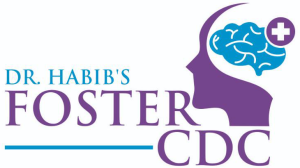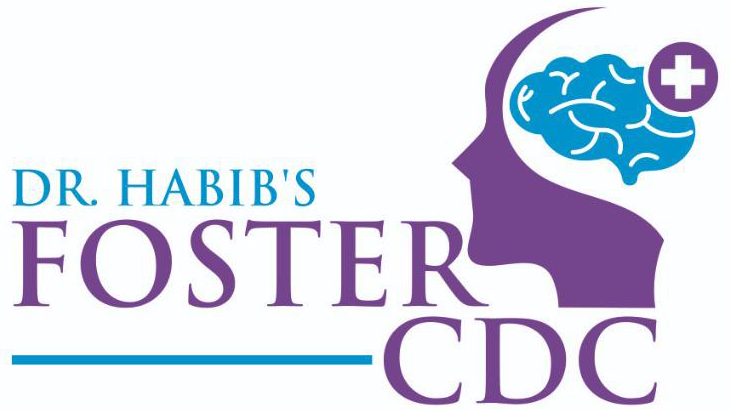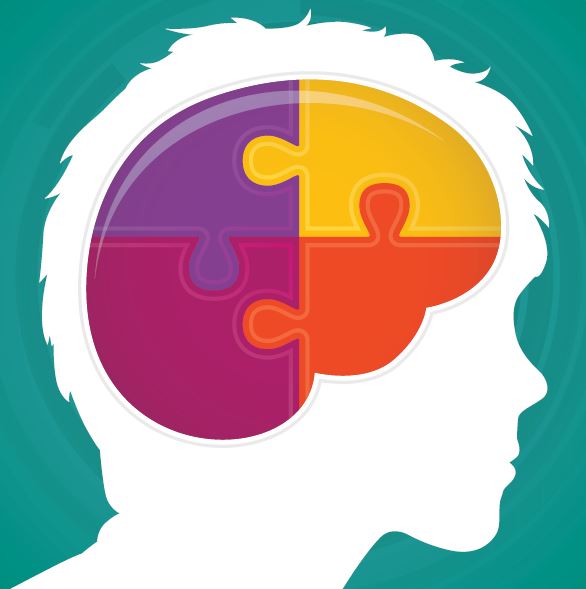Autism is a complex neurobehavioral disorder characterized by the impairment of social interaction, language and communication skills along with rigid and repetitive behaviours.
Autism Spectrum Disorder (ASD)
Autism is also known as autism spectrum disorder (ASD) owing to the range (a large spectrum) of autism spectrum disorder symptoms this condition is associated with.
In its severe form, ASD can limit the normal life of a child making him or her handicap to a devastating disability that may require institutional care.
Autism is a spectrum disorder as each child has a distinct set of strengths and challenges. The way in which autistic children, learn, think and solve a problem may range from highly skilled to severely challenged. Likewise, some autistic children may need significant support, some need less support and some others do not need any support at all and live independently. The following are some of the autism spectrum disorder symptoms.
Poor Communication
An autistic child finds it difficult to understand what other people feel and think – that’s why they do not express properly either with words, expressions, gestures and facial expressions. Therefore, autistic children are poor communicators.
Abnormal Behaviour
Children with autism are very sensitive as they are greatly troubled by sights, smells, touches that are pretty normal for others. In addition, they also have unimaginative body movements – such as flapping hands, pacing and rocking. At times they exhibit, rigid, aggressive and self-injurious behaviour and show rigid routines, unusual responses to people and attachment to some objects. Some children show inattentiveness to objects, people and activities in their surroundings.
Cognitive Impairment
Autistic children have cognitive impairment to some extent – which is in opposition to the significant cognitive impairment that shows delays in all areas of development. In general, autistic children exhibit inconsistent skill development with problems in areas like communicable ability and other skills. Though they have some problems in some areas, they have exceptional skills in other areas, such as memorizing facts, solving maths problems, music and drawing. Owing to these facts, they may score above average or even higher in non-verbal intelligence tests.
Bottom Line
Though autism spectrum disorder symptoms typically manifest during the first three years of life, in some children, the signs may appear from birth. Some children initially seem to develop normally, but suddenly exhibit symptoms during 18 to 36 months of age. The children in whom autism onsets during the first three years of life show restrictive patterns of activities, behaviours and interests; stereotypical -repetitive behaviour; impairment of social interaction; impairment of daily functioning; speaking difficulties, lack of communication and delay in other developmental skills. Some children with autism may also develop seizures. And in some cases, those seizures may not occur until adolescence. Whatever may be the cause of autism, if you suspect autism, don’t delay in seeking medical help.


